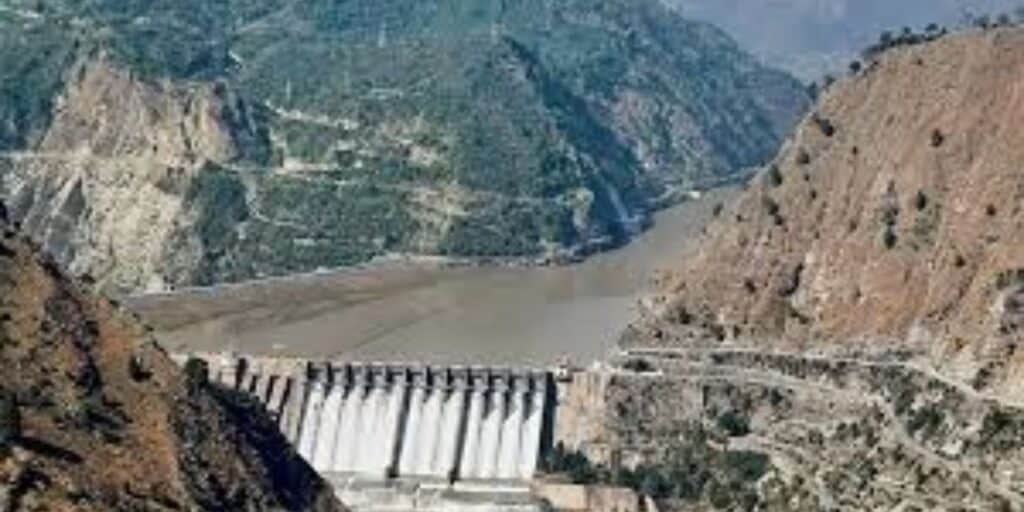LAHORE: The Indus Water Commission has submitted a comprehensive report to the government, detailing India’s violations of the Indus Waters Treaty. The report highlights India’s construction of three major dams, which the Commission asserts are in clear violation of the 1960 agreement.
According to sources within the Commission, India has built the Baglihar Dam (2005), the Kishanganga Dam (2010), and the Ratle Dam (2016), each of which was constructed without adhering to the treaty’s provisions. As a result, India faced significant opposition from the World Bank and Neutral Experts during the planning and construction phases of these projects.
The Commission’s sources further revealed that India initiated these projects under the pretext of political and security justifications, citing internal issues and the fight against terrorism as reasons for pursuing these dams. More recently, India has used the Pahalgam incident as a justification to suspend the Indus Waters Treaty, intensifying tensions between the two nations.
Also Read: Pakistan to send notice to India over Indus Waters Treaty breach
Sources within the Indus Water Commission confirmed that the legal consultation process has been completed, and now the Pakistani government will determine the next course of action. It was emphasized that, under international arbitration laws, the unilateral suspension of the treaty by either party is not permissible.
In response to India’s actions, Pakistan has decided to issue a formal notice, seeking a detailed explanation for India’s unilateral suspension of the treaty. Pakistan has already completed the preliminary groundwork for this step and is prepared to proceed with further diplomatic measures.
The Indus Waters Treaty (1960), brokered by the World Bank, governs the distribution of the waters of the Indus River System between India and Pakistan. The treaty allocates the waters of the three western rivers (Indus, Jhelum, and Chenab) to Pakistan, and the waters of the eastern rivers (Ravi, Beas, and Sutlej) to India. However, in recent years, India’s construction of dams on these western rivers has led to tensions, with Pakistan accusing India of violating the treaty’s provisions.
India has been constructing dams such as Baglihar, Kishanganga, and Ratle, which Pakistan argues could reduce its water flow, thereby affecting its agricultural and energy sectors. Pakistan has raised objections through the treaty’s dispute-resolution mechanisms, but the tensions have continued to rise.
The Pahalgam attack (in India-administered Jammu and Kashmir), where a terrorist attack took place, has added a layer of complexity to the situation. India blamed Pakistan for the attack, despite a lack of concrete evidence. In response, India has recently suspended certain cooperation under the Indus Waters Treaty, citing the security situation as a justification for such moves.
Pakistan has strongly denied involvement in the Pahalgam attack, rejecting the baseless allegations. In retaliation, and to address its concerns, Pakistan is considering formal diplomatic actions and legal measures to ensure the treaty remains intact, despite the growing political and security challenges.
This situation highlights the fragile nature of water-sharing agreements, where political and security tensions can directly impact vital resources like water, affecting millions of people in both countries.





